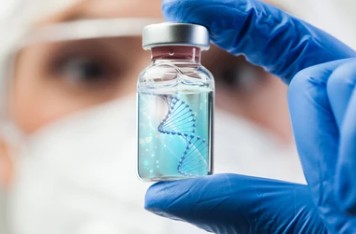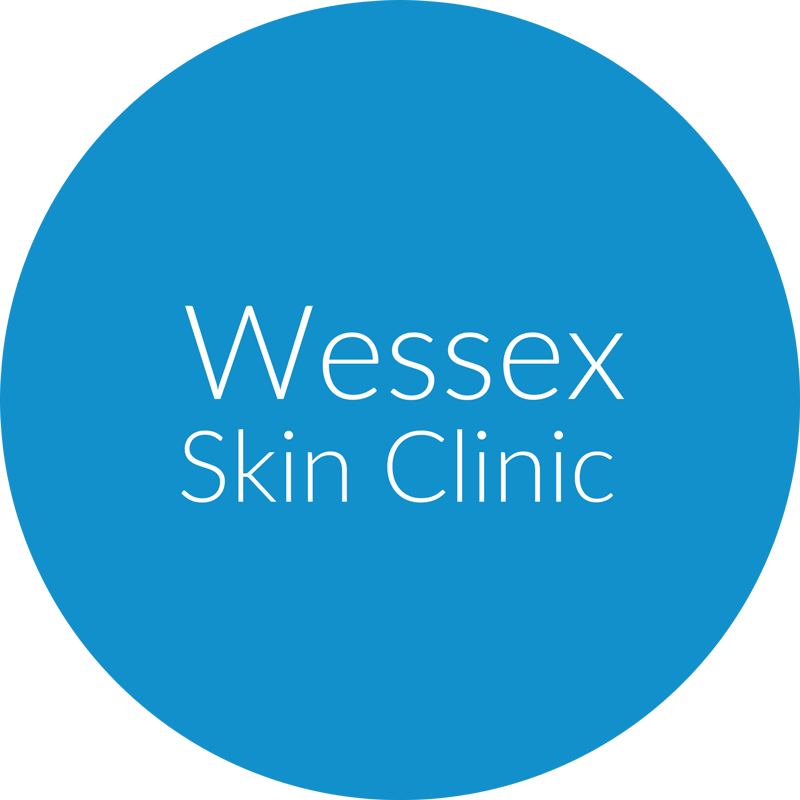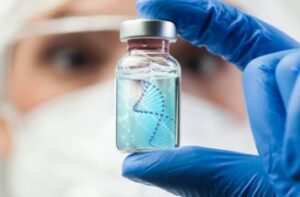What You Need to Know About Polynucleotides – by Dr Catherine Fairris

What You Need to Know About Polynucleotides in Aesthetic Medicine
As an aesthetic doctor, one of the most exciting developments I’ve seen in recent years is the introduction of polynucleotides into skin treatments. They’re generating a lot of interest, and rightly so — but with any new option, it’s important to understand what they are, how they work, and what you can realistically expect. Let’s break it down together.
What Are Polynucleotides?
Polynucleotides are long chains of nucleotides (the building blocks of DNA and RNA). In aesthetic medicine, they are extracted and purified for medical use. When injected into the skin, they act like a biological “signal,” encouraging the skin’s own repair processes.
Instead of simply filling or freezing, polynucleotides aim to improve skin quality from within. They help stimulate fibroblasts (cells responsible for producing collagen and elastin), improve hydration, and support tissue regeneration.
Safety Profile
Polynucleotides are considered safe and biocompatible. Because they are purified and free from active genetic material, they do not alter your DNA and cannot trigger genetic changes. They have been used in medicine for years, not only in aesthetics but also in ophthalmology and wound healing, which gives us a good body of evidence regarding their tolerability.
Efficacy – What Results Can You Expect?
Patients often report:
- Improved skin hydration and elasticity
- A more even skin tone
- Firmer, smoother texture over time
Beyond skin rejuvenation, polynucleotides are also being used for:
- Hair growth support: By improving blood flow and reducing inflammation in the scalp, they can help stimulate healthier hair follicles.
- Inflammatory skin conditions: Their calming and regenerative properties make them a promising option for managing redness, sensitivity, and certain inflammatory concerns.
Results are gradual — unlike dermal fillers, you won’t see an immediate “before-and-after” effect. Typically, improvements build over a course of treatments (often 2–4 sessions, spaced a few weeks apart). The results are subtle but natural, supporting a healthier skin foundation.
Possible Side Effects
As with any injectable treatment, side effects are usually mild and temporary. The most common are:
- Redness at the injection sites
- Mild swelling or puffiness
- Small bumps or papules (tiny raised areas where the product has been placed)
- Bruising
These usually resolve within a few hours to a few days. True allergic reactions are very rare, but they can occur with any injectable product.
Post-Treatment Advice
To get the best outcome and minimise side effects:
- Avoid touching or massaging the area for the first few hours.
- Keep the skin clean — avoid heavy makeup immediately after treatment.
- Avoid heat exposure (saunas, steam rooms, hot yoga) and intense exercise for 24 hours.
- Apply a cool compress if you notice swelling or redness.
- Stay hydrated — healthy skin (and scalp) starts from within.
If you experience persistent pain, significant swelling, or any symptoms that feel unusual, always contact your practitioner promptly.
Final Thoughts
Polynucleotides are an exciting addition to our toolkit for skin and hair regeneration. They are safe, well-tolerated, and offer a gentle but effective way to enhance skin quality, calm inflammation, and even stimulate healthier hair growth over time.
As with all treatments, it’s important to have a proper consultation to check suitability and set realistic expectations.
If you’re looking for subtle, natural improvements in your skin health — rather than dramatic, instant changes — polynucleotides may be worth exploring.
Reviewed and approved by Dr Catherine Fairris

